Establishing a Torah time
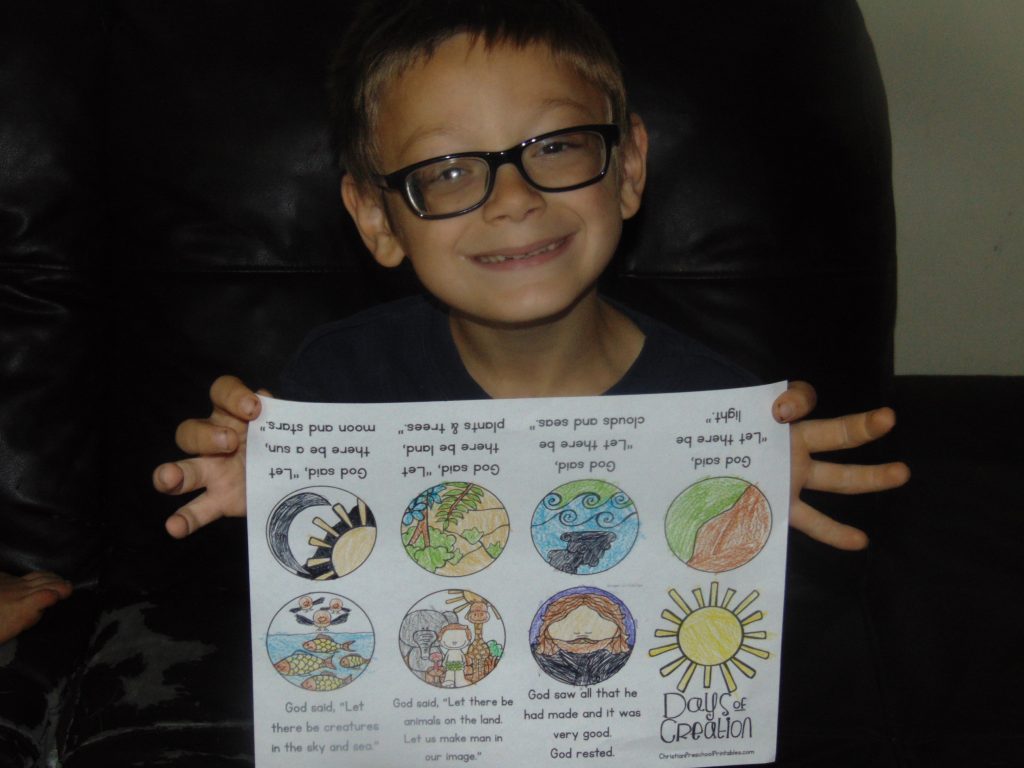
When I was younger, I taught Sunday school. Each week, I welcomed a rambunctious group of third and fourth graders into my little classroom. I had colorful posters, object lessons, memory verse games, and storytelling. I don’t go to that much effort now, but my husband and I have established a time each Shabbat after […]
Beresheet
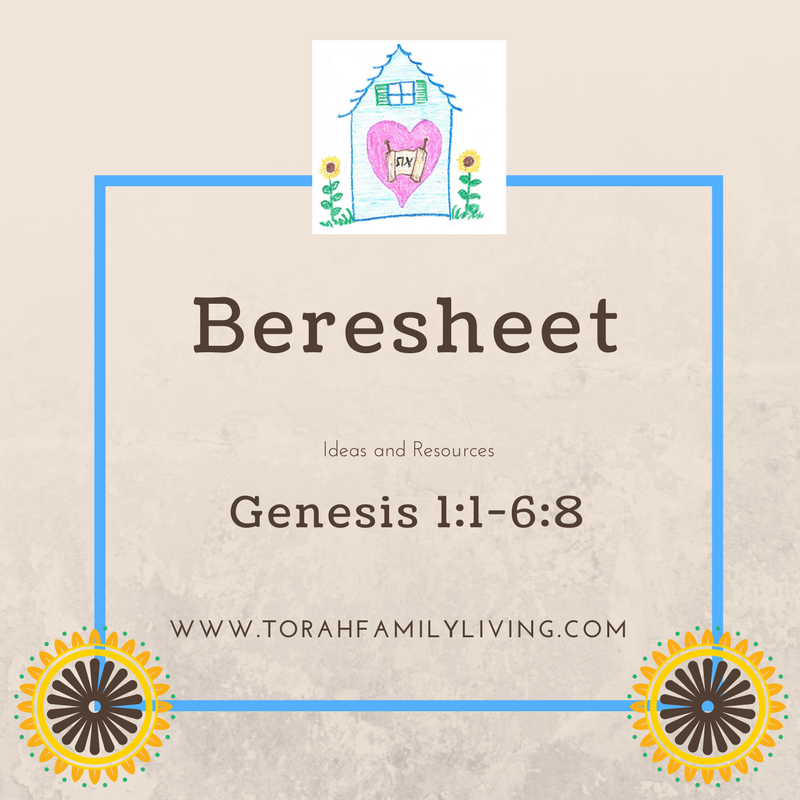
Welcome to Torah portion Beresheet Beresheet means In the beginning. Scripture passage: Genesis 1:1-6:8 Read Aloud from My First Torah In the beginning, Elohim made the heavens and the earth. He made everything by just speaking. He made everything in six days. On day one, He made light and dark. On day two, He made […]
Ki Tavo
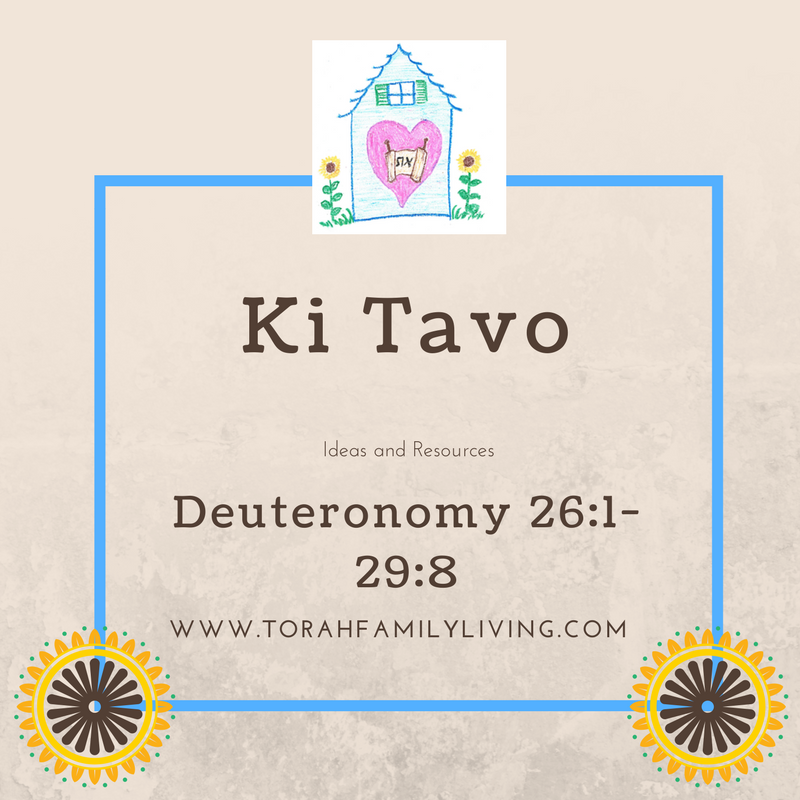
Welcome to Torah portion Ki Tavo Ki Tavo means When you come in. Scripture passage: Deuteronomy 26:1-29:8 Read Aloud from My First Torah Moses continued to prepare the people for going into the Promised Land. He told them about firstfruits and tithes. Firstfruits is when they take the very first part of their harvest and […]
Shoftim
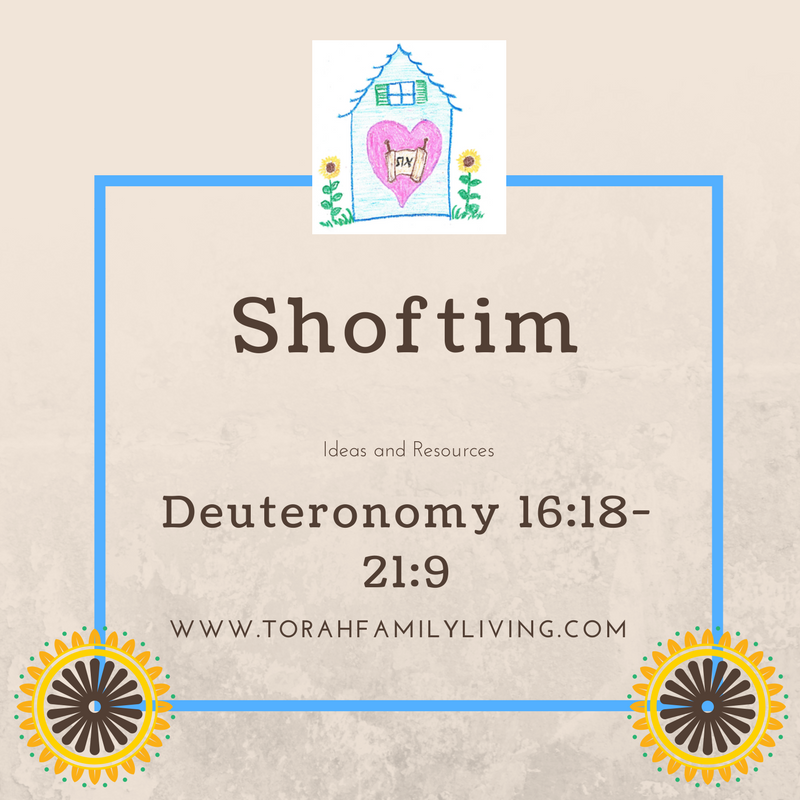
Welcome to Torah portion Shoftim Shoftim means Judges. Scripture passage: Deuteronomy 16:18-21:9 Read Aloud from My First Torah Torah teaches us much about how to live right. Torah also shows us how a country would look if everyone obeyed Torah. First, it would be a country where everyone is treated fairly. Judges and officers are […]
Re’eh
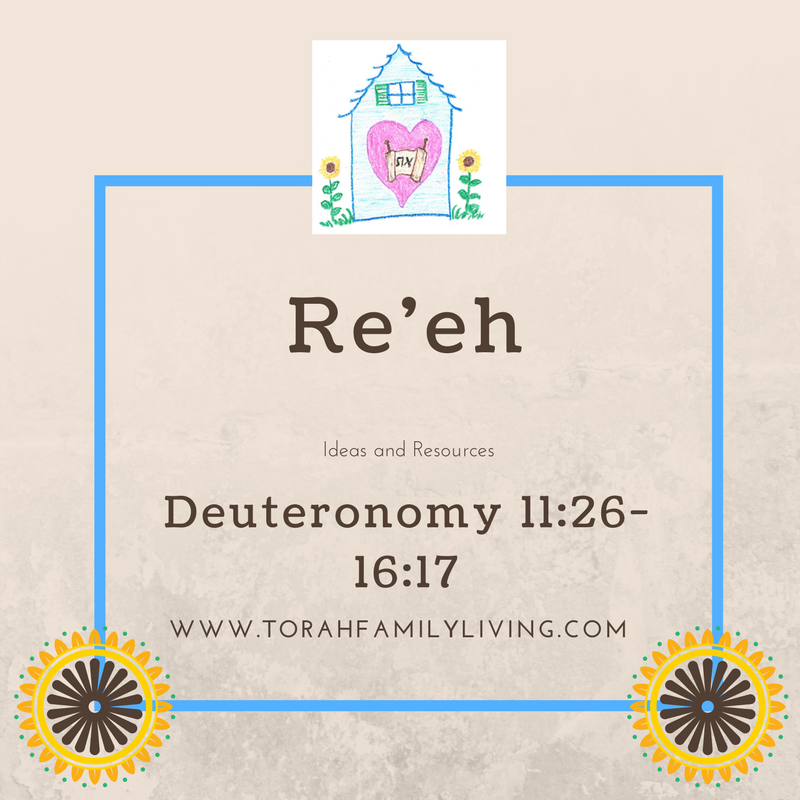
Welcome to Torah portion Re’eh Re’eh means See. Scripture passage: Deuteronomy 11:26-16:17 Read Aloud from My First Torah Moses continued to teach the people to prepare them for going into the Promised Land. They were to destroy the altars and holy places of other gods. They were to worship and serve only YHVH. YHVH would […]
Ekev
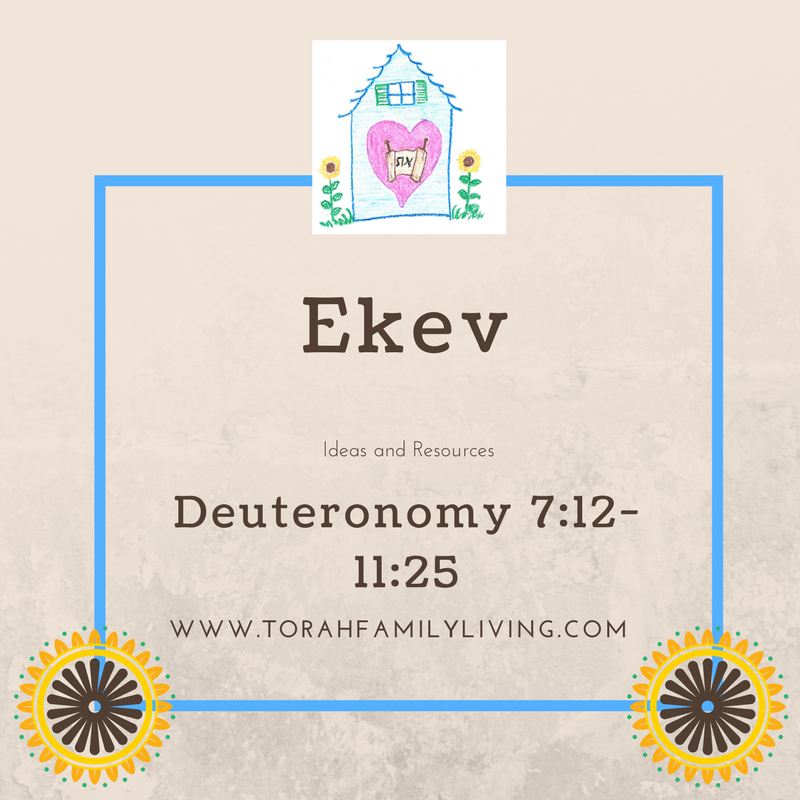
Welcome to Torah portion Ekev Ekev means Consequence. Scripture passage: Deuteronomy 7:12-11:25 Read Aloud from My First Torah Moses reminded the people that when they obey, YHVH blesses them. YHVH made a covenant, a promise, with them. He would love and bless them. He would give them many children. He would give them big herds […]
Vaetchanan
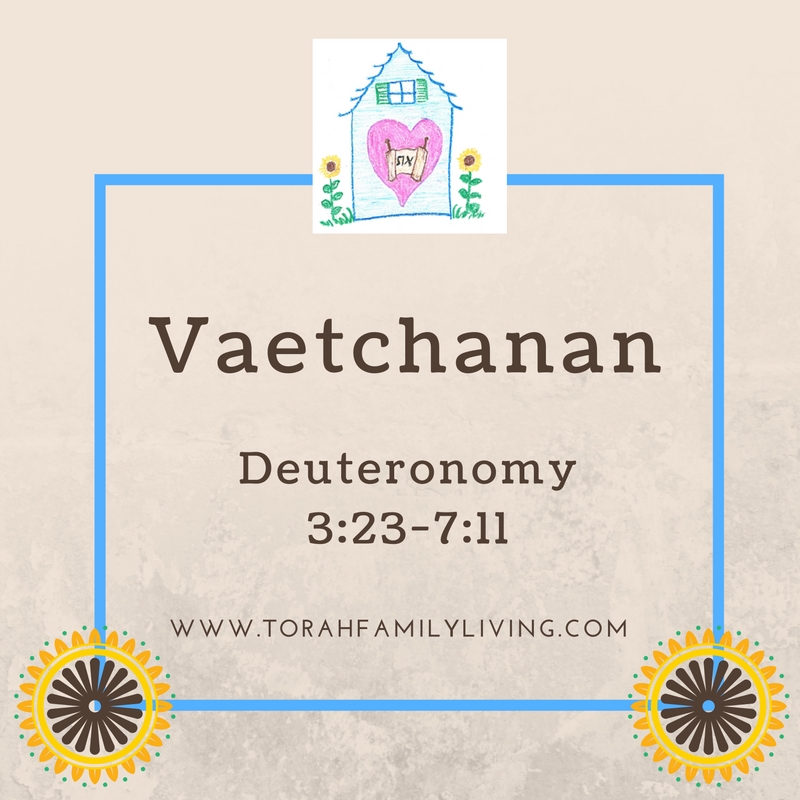
Welcome to Torah portion Vaetchanan Vaetchanan means And I pleaded. Scripture passage: Deuteronomy 3:23-7:11 Read Aloud from My First Torah Moses continued to teach the people to prepare them for going into the Promised Land. He told them that he would not be going because he had lost his temper and hit the rock. Moses […]
Devarim
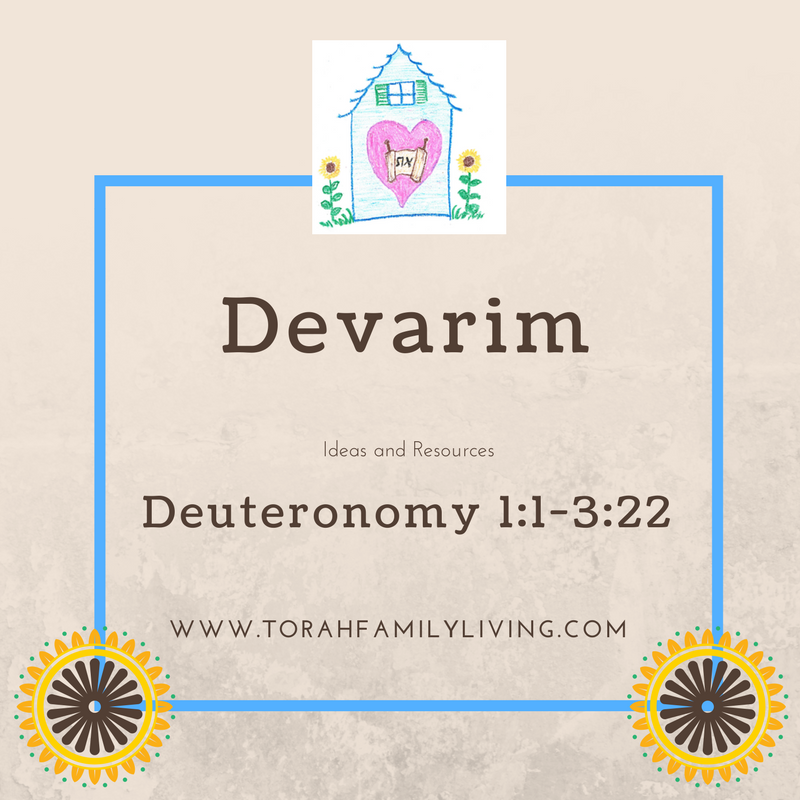
Welcome to Torah portion Devarim Devarim means words. Scripture passage: Deuteronomy 1:1-3:22 Read Aloud from My First Torah The Children of Israel were now by the Jordan River waiting to cross over and enter the Promised Land. Moses knew he would not be going with them. He wanted to talk to them one last time. […]
Mattot and Massei
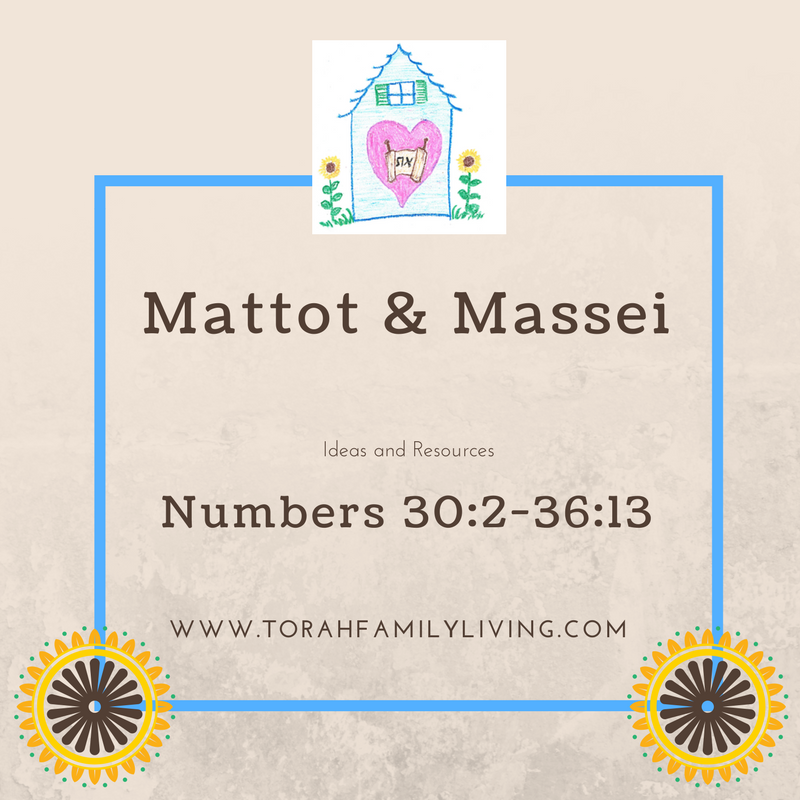
Welcome to Torah portions Mattot and Massei Mattot means Tribes and Massei means Journeys Scripture passage: Numbers 30:2-36:13 Read Aloud from My First Torah YHVH always does what He says. He expects us to always do what we say. He has special rules for women. When a young girl makes a promise, she must keep […]
Pinchas
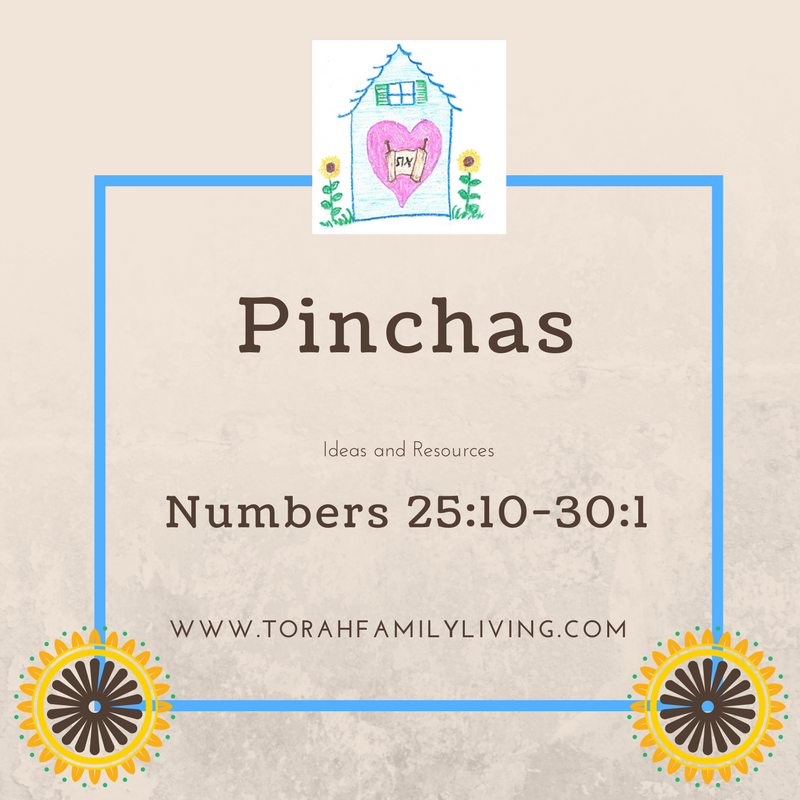
Welcome to Torah portion Pinchas Pinchas means Phinehas Scripture passage: Numbers 25:10-30:1 Read Aloud from My First Torah Phinehas did the right thing by killing the wicked people in the camp. Because he obeyed YHVH, YHVH made a covenant with him and his descendants. They would always serve as priests. Since much time had passed, […]

You must be logged in to post a comment.